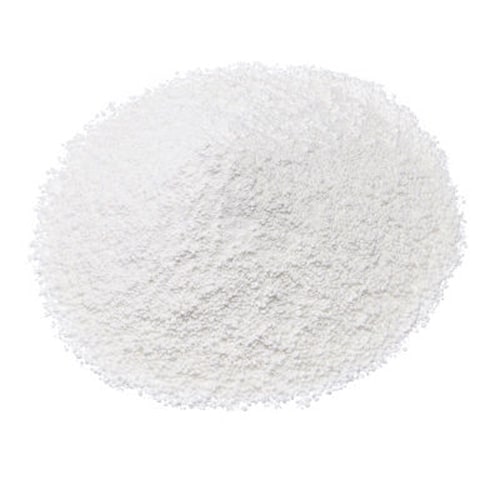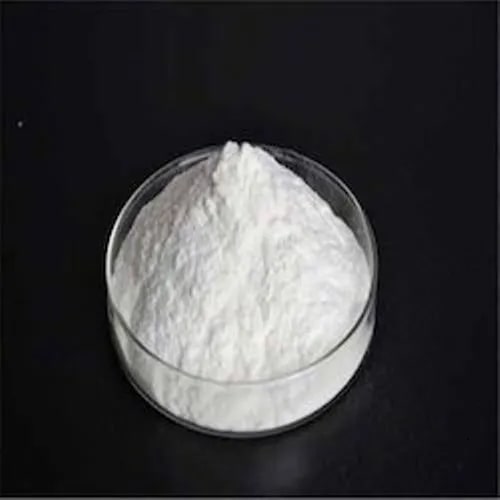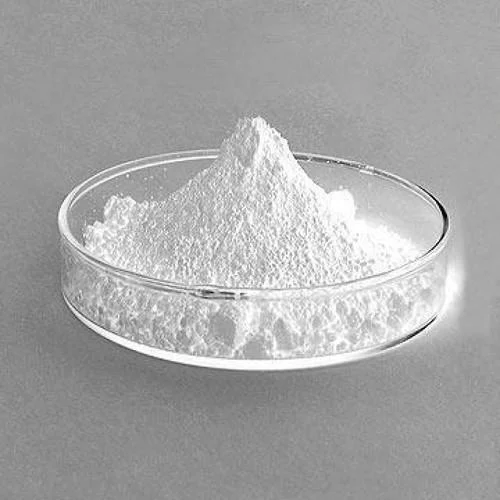Gilead Sciences announced results from a Phase II study demonstrating that the experimental integrase strand transfer inhibitor bictegravir achieved high virologic response rates similar to ViiV Healthcare's integrase inhibitor Tivicay (dolutegravir) in treatment naïve, HIV-1 infected adults. The data were presented at the Conference on Retroviruses and Opportunistic Infections (CROI).
The trial randomised 98 treatment naïve, HIV-infected adults to receive either bictegravir or Tivicay, both in combination with Gilead's Descovy (emtricitabine/tenofovir alafenamide), for 48 weeks. Results showed that at week 24, 97 percent of patients taking bictegravir achieved HIV-1 RNA levels less than 50 copies/mL, versus 94 percent of those given Tivicay. Meanwhile, at week 48, the results for the two patients groups were 97 percent and 91 percent, respectively.
Gilead noted that no viral resistance was detected in patients who received bictegravir, while no participants discontinued treatment due to renal adverse events. Chief scientific officer Norbert Bischofberger said "based on the data observed in this study, we rapidly advanced the combination of bictegravir and [Descovy] into four Phase III clinical trials." The executive added that "the studies are fully enrolled and we look forward to the availability of these data later this year."
FirstWord Reports: Providing insight, analysis and expert opinion on important Pharma trends and challenging issues <Click here>
Commenting on the findings, Berenberg analyst Laura Sutcliffe said the results were good news for Gilead, but the data was not yet conclusive, noting that findings from the late-stage studies are due later in the year. In 2016, sales of Gilead's HIV products reached $12.9 billion, with analysts estimating that revenue from the drugs will grow to $13.6 billion this year. According to Leerink analyst Geoff Porges, bictegravir-containing regimens will generate sales of $3.4 billion by 2020.
ViiV is working with Johnson & Johnson on developing a two-drug regimen combining Tivicay and the latter's non-nucleoside reverse transcriptase inhibitor Edurant (rilpivirine). The companies reported detailed results from a Phase III study at CROI, having announced in December last year that the trial met its main goal of non-inferiority when switching virologically suppressed patients with HIV from a three- or four-drug antiretroviral regimen to the combination of Tivicay and Edurant.





 ALL
ALL Pharma in China
Pharma in China Pharma Experts
Pharma Experts Market News
Market News Products Guide
Products Guide Brand Story
Brand Story























 Pharma Sources Insight January 2025
Pharma Sources Insight January 2025








